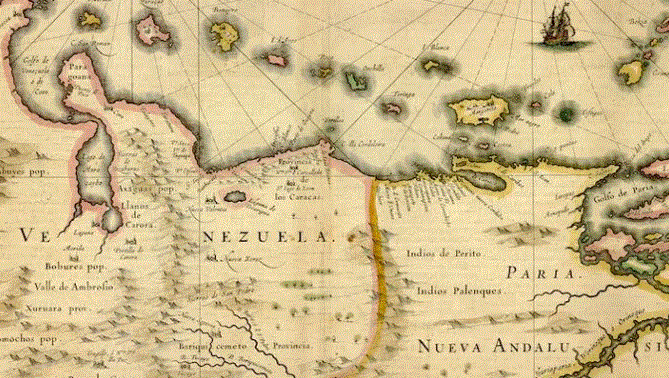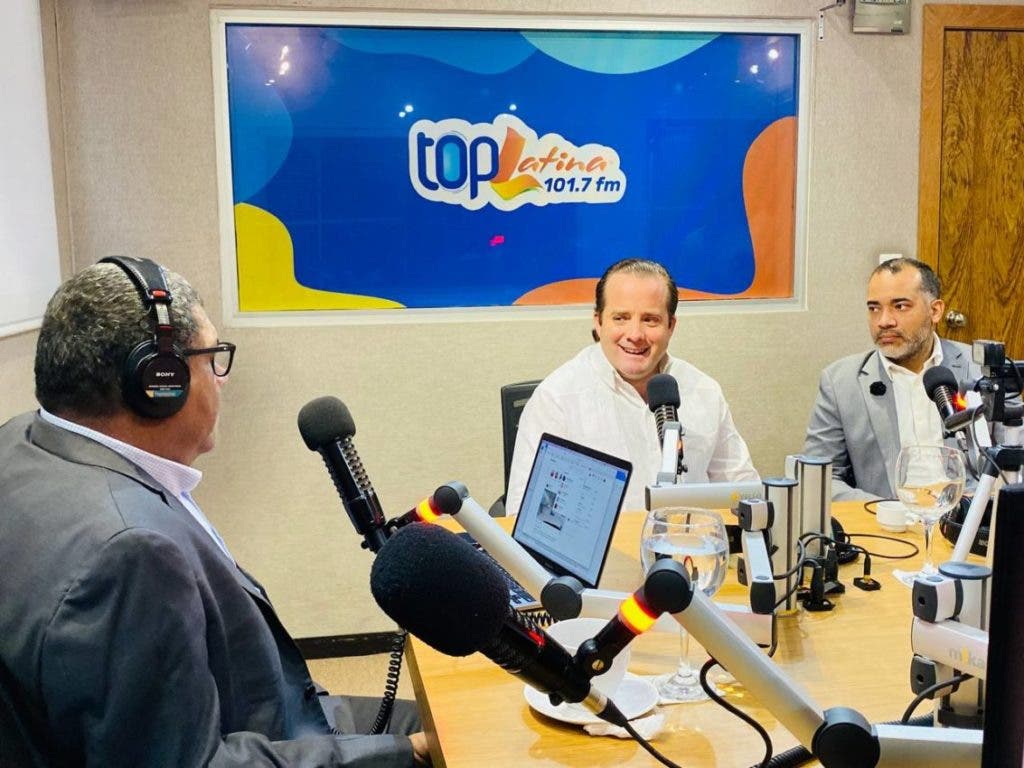The director of the Office of Planning and Budgets (SPO), Issac Alfie, analyzed this Thursday different indicators of the Uruguayan economy such as inflation, employment, poverty and the progress of the economy. According to the latest semester data January June disclosed by the National Institute of Statistics (INE)poverty was located in 10.7%, with a increase of half a percentage point (0.5%) compared to the same period last year (10.2%). That meant that for every 1,000 people there were 107 who did not exceed the minimum income to cover their basic food and non-food needs that are considered for measurement.
In turn, the poverty in the children under 6 years old rose from 16.1% in January-June 2021 to 22.5% in the same period this year and reached the same level as the first half of the pandemic (2020). In turn, it was 6 points above the level that had been registered in the same period of 2019 (16.4%).
interviewed by this is how it goes Radio Carve, Alfie declared this Thursday that from a technical point of view it is not possible to speak of a fall or rise in poverty in general terms in Uruguay because the variations that have occurred in recent semesters are within the margin of error (+/ -0.9%) and that they should wait for more data to see if a clear trend is consolidated.
In any case, the hierarch highlighted that on average in 2021 poverty in Uruguay fell compared to 2020, something that did not happen in the vast majority of countries. Last year, the INE estimated a rate of 10.6%, 1 point less. This implied that some 35,000 people left their condition of poor under the income methodology.
On the other hand, the director of the OPP recalled that the acceleration of inflation at a global level is hitting several countries in their poverty measurements. In this sense, he cited the case of Spain in the first semester, where poverty increased around 6 percentage points. “This was because of accelerating inflation,” Alfie said.
The economist recalled that the Lacalle Pou government took some measures in terms of income from public salaries, advancing adjustments and suggesting the same for private sector compensation. Aflie considered that this should have repercussions on a recovery of real wages in the second semester, since a slower pace of price increases is projected for the rest of the year compared to the January-June period.
Ines Guimaraens
Poverty in the age group from 0 to 6 years old was estimated at 22.5% in the first semester.
The director of the OPP indicated that although at the end of the first semester there were 32,000 more jobs than pre-pandemic levels, “it is true” that in recent months there has been a certain “stagnation” in the generation of new jobs. He added that if the economy continues to expand, that should drive employment in the coming months.
Asked about the child poverty rate, the director of the OPP recalled that the government has made a “number of monetary and non-monetary transfers” to those most vulnerable sectors of the population.
“What is certain is that (child poverty) did not improve in any case despite the monetary transfers; I do not have an explanatory answer for that. We have thought and we do not have it,” said Alfie.
The director of the OPP considered that perhaps those monetary transfers should be “focused” more on families or people who really need it. “These are issues that are being studied by Mides, which is the one in charge of these policies. The resources that have been allocated are very important,” he assured.
Aflie recalled that the only way to achieve a “genuine” improvement in poverty levels in the long term is with more employment.
reading about inflation
Meanwhile, consulted on the latest CPI data for September, which brought annualized inflation to practically 10%, Alfie admitted that the monthly data (0.84%) for September was “quite surprising” although he indicated that more than half was explained by fruits and vegetables. “If it rains in a couple of months, that should be reversed. Beyond that, we obviously have high inflation,” he acknowledged.
As a positive fact, the chief highlighted the moderation in “core inflation”, which today is closer to 9% than 10%. “We keep getting what’s going on in the world,” he said.
On the other hand, the director of the OPP indicated that the Central Bank “is doing its job within the limits of the Uruguayan economy, which is a price taker. The margins it has are limited,” he warned. Alfie considered that the monetary authority has done its job well during the last two years and that this was what prevented inflation from registering a “major escalation” in Uruguay as it happened in other countries.

















